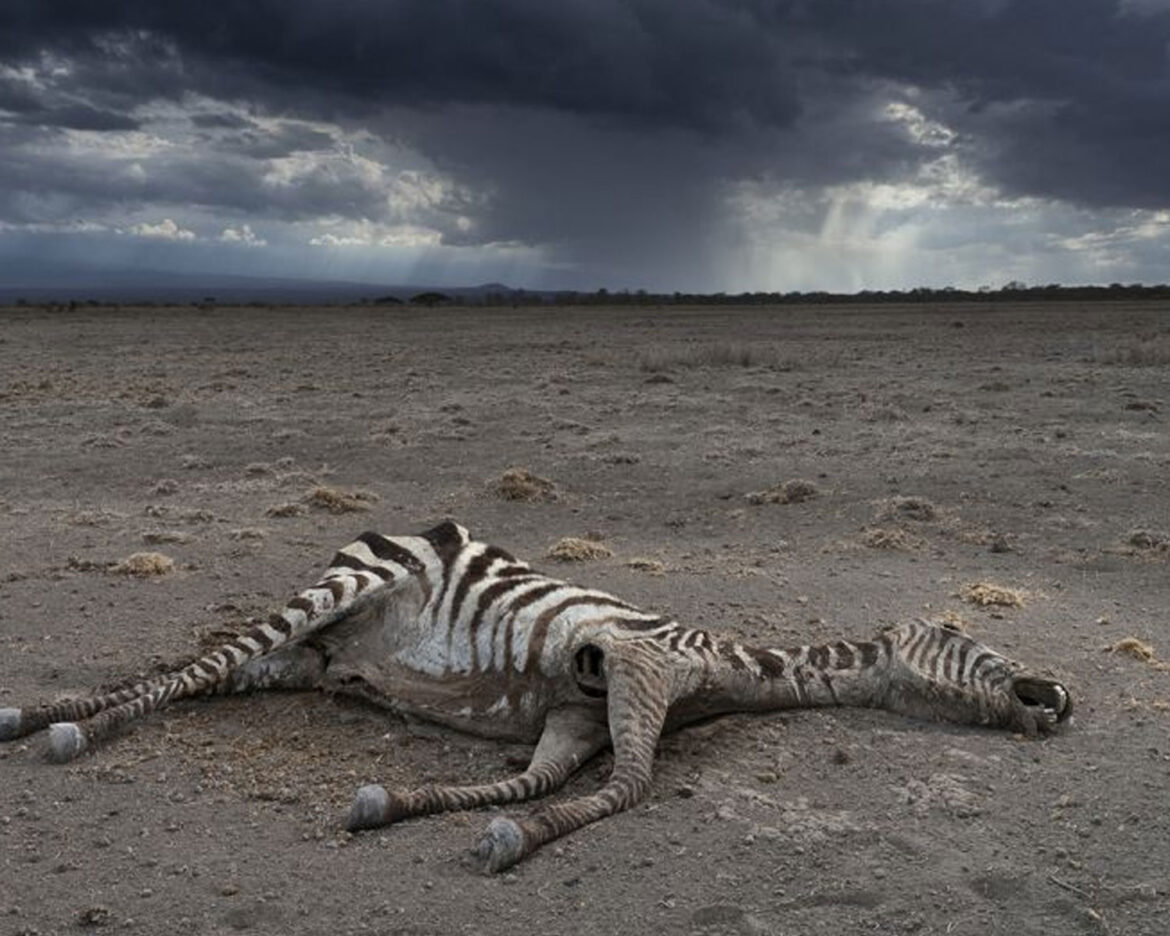Namibia is set to cull more than 700 wild animals, including elephants, zebras, and hippos, in a controversial effort to address severe food insecurity caused by the worst drought the country has faced in a century. The initiative, announced by Namibia’s Ministry of Environment, Forestry, and Tourism on Monday, will see the meat distributed to communities grappling with acute hunger.
The culling list includes 83 elephants, 30 hippos, 60 buffalo, 50 impala, 100 blue wildebeest, and 300 zebras. The animals will be taken from national parks and communal areas identified as having sustainable game populations. According to the ministry, the culling will be carried out by professional hunters to ensure efficiency and safety.
Namibia declared a state of emergency in May as the drought’s impact deepened, threatening the livelihoods of approximately 1.4 million people—nearly half of the country’s population—who are expected to face severe food shortages. The culling program aims to alleviate the strain on dwindling water resources by reducing wildlife populations in areas where their numbers have exceeded the available grazing and water capacity.
Additionally, the ministry highlighted the program’s role in reducing human-wildlife conflicts, particularly with elephants. During drought conditions, elephants often venture closer to human settlements in search of food and water, leading to potentially dangerous encounters.
The meat from these animals will be a critical part of the drought relief program. The ministry noted that more than 150 animals have already been culled, providing over 125,000 pounds of meat for distribution. Rural communities, who are particularly affected by the drought, will be prioritized in the allocation of this meat.
Southern Africa, including Namibia, has been severely impacted by a devastating drought driven by the El Niño climate pattern, compounded by the broader effects of climate change. The region has experienced a significant reduction in rainfall, coupled with extreme temperatures, leading to widespread crop failures and a sharp increase in hunger.
“We are happy that we can assist the country in this very difficult time and when it’s absolutely needed,” the ministry stated, underscoring the urgency and necessity of the program amidst the ongoing crisis.
This initiative underscores the complex and often difficult decisions faced by countries dealing with the dual challenges of climate change and food insecurity. As Namibia struggles to navigate these challenges, the culling program represents both a controversial and pragmatic response to the dire circumstances.



